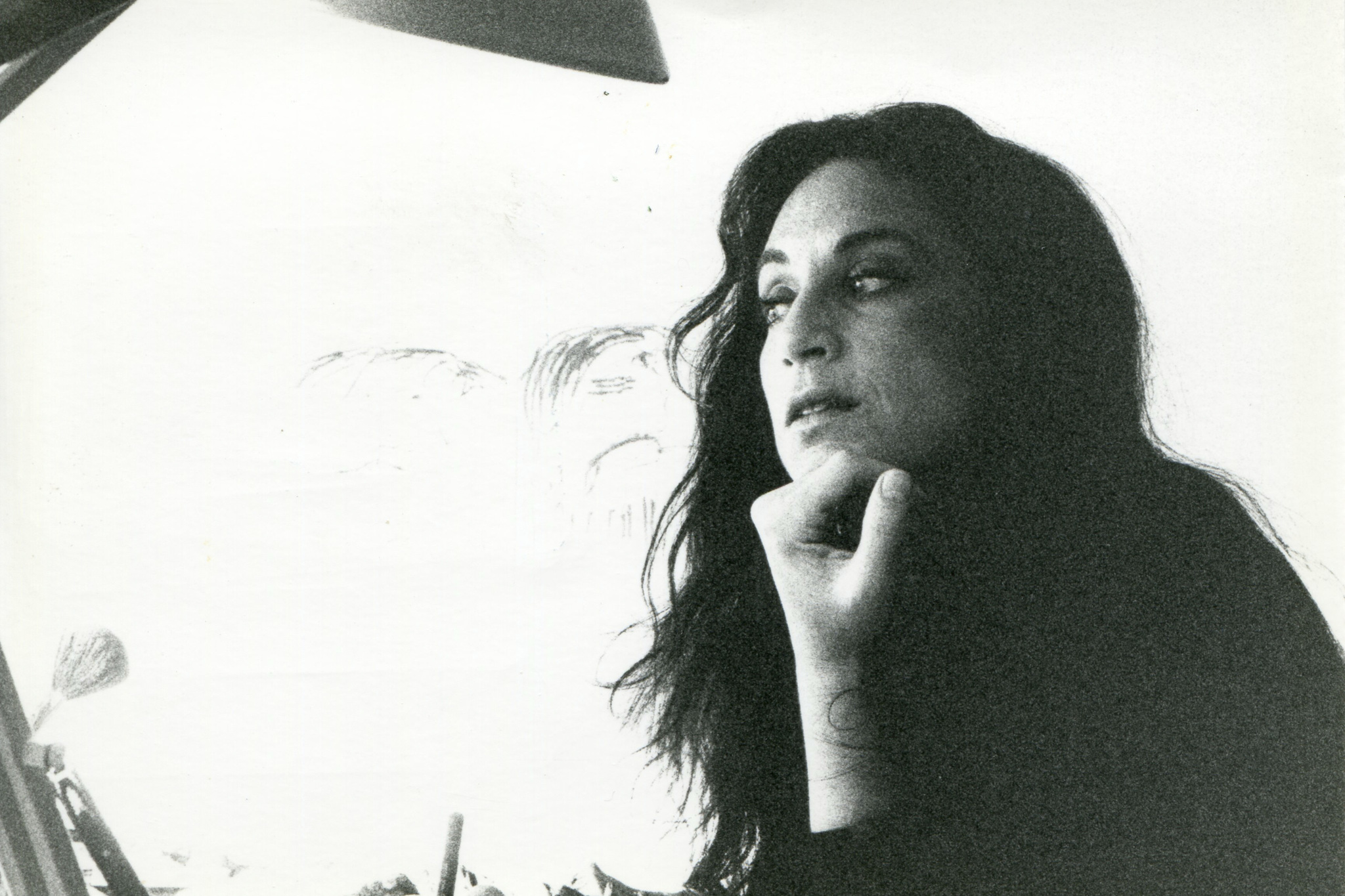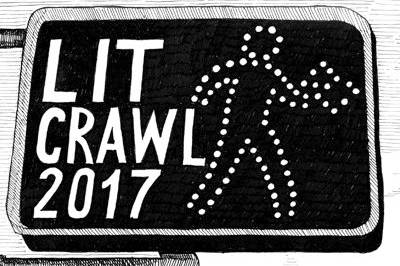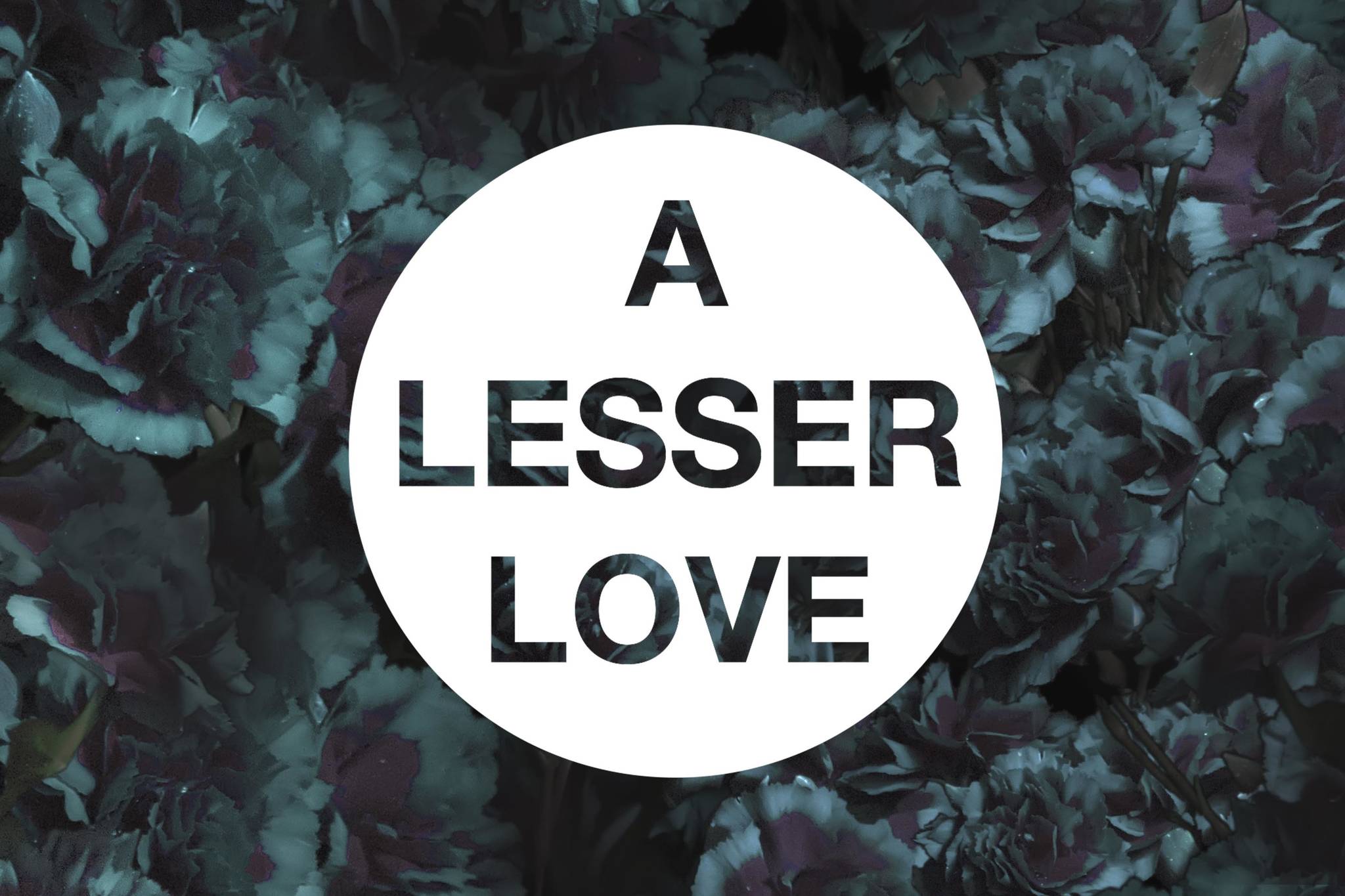What is it about orphans and literature? Why do so many narratives so dearly love a parentless child, from Moses to the novels of Dickens on down to Batman? On an instinctual level, it seems obvious: Parents are shorthand for comfort, security, and rules, three elements not conducive to great storytelling. And nothing hypnotizes some readers like the myth of the self-made man, the protagonist who truly doesn’t need anyone else. If a child on his or her own with no parental support can impose order onto a chaotic universe, then maybe anyone can.
Port Townsend author Rikki Ducornet’s latest novel, Brightfellow, is about a young man named Stub. After a miserable childhood, Stub decides to live on his own in the woods surrounding the campus of a nearby university. There he makes the world into some kind of a rough paradise: “He sleeps in duck blinds, under a canoe, in an abandoned truck, graduates to the gym and showers there, uncovers an inexhaustible supply of soap … In this way the years pass. He is a recluse, a scholar. He is a dissembler. When in a tight spot, he invents identities. He is strange.”
Read the rest of this review in Seattle Weekly’s print edition or online here at seattlereviewofbooks.com.
Paul Constant is the co-founder of The Seattle Review of Books. Read daily books coverage like this at seattlereviewofbooks.com.








